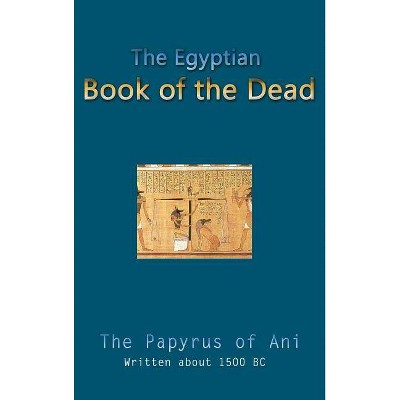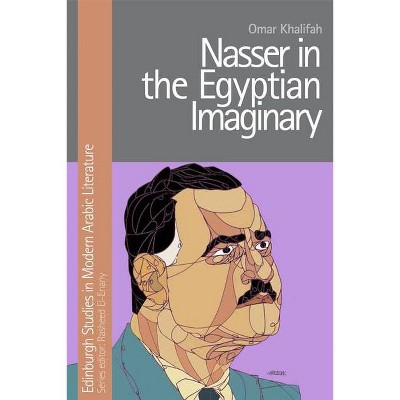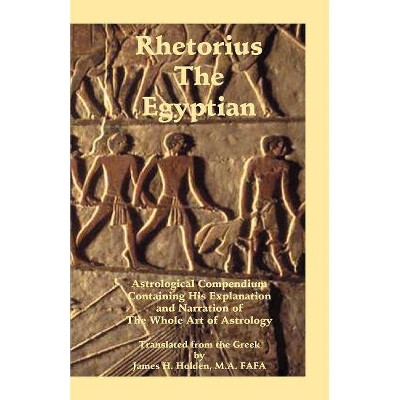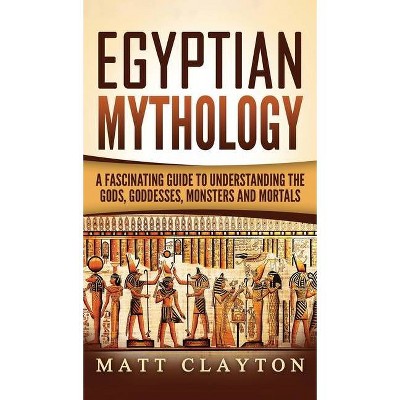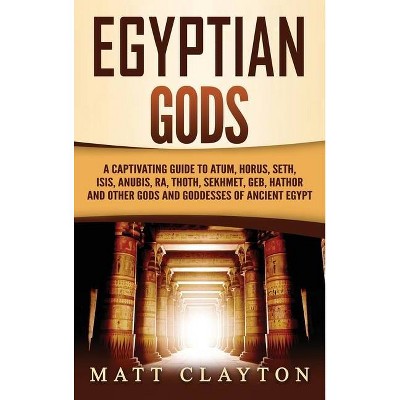Mamluks in the Modern Egyptian Mind - by Il Kwang Sung (Hardcover)
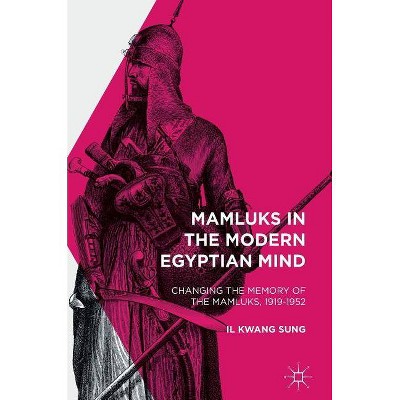
Similar Products
Products of same category from the store
AllProduct info
<p/><br></br><p><b> Book Synopsis </b></p></br></br>This book explores how modern Egyptians understand the Mamluks and reveals the ways in which that historical memory is utilized for political and ideological purposes. It specifically examines the representations of the Mamluks from two historical periods: the Mamluk Sultanate era (1250-1517) and the Mamluks under the Ottoman era (1517-1811) focusing mostly on the years 1760-1811. Although the Mamluks have had a great impact on the Egyptian collective memory and modern thought, the subject to date has hardly been researched seriously, with most analyses given to stereotypical negative representations of the Mamluks in historical works. However, many Egyptian historians and intellectuals presented the Mamluk era positively, and even symbolized the Sultans as national icons. This book sheds light on the heretofore-neglected positive dimensions of the multifaceted representations of the Mamluks and addresses the ways in which modern Egyptians utilize that collective memory.<br><p/><br></br><p><b> From the Back Cover </b></p></br></br>This book explores how modern Egyptians understand the Mamluks and reveals the ways in which that historical memory is utilized for political and ideological purposes. It specifically examines the representations of the Mamluks from two historical periods: the Mamluk Sultanate era (1250-1517) and the Mamluks under the Ottoman era (1517-1811), focusing mostly on the years 1760-1811. Although the Mamluks have had a great impact on the Egyptian collective memory and modern thought, the subject to date has hardly been researched seriously, with most analyses given to stereotypical negative representations of the Mamluks in historical works. However, many Egyptian historians and intellectuals presented the Mamluk era positively, and even symbolized the Sultans as national icons. This book sheds light on the heretofore-neglected positive dimensions of the multifaceted representations of the Mamluks and addresses the ways in which modern Egyptians utilize that collective memory.<p/><br></br><p><b> About the Author </b></p></br></br>Sung Il Kwang is a Research Fellow in the Center for Middle Eastern Studies at Konkuk University in Seoul, South Korea. He was a correspondent of Yonhap News Agency in Jerusalem (2008-2012). He was Secretary of the Korean Association of Middle Eastern Studies. He received his PhD from Tel-Aviv University, Israel.<br>
Price History
Price Archive shows prices from various stores, lets you see history and find the cheapest. There is no actual sale on the website. For all support, inquiry and suggestion messagescommunication@pricearchive.us

